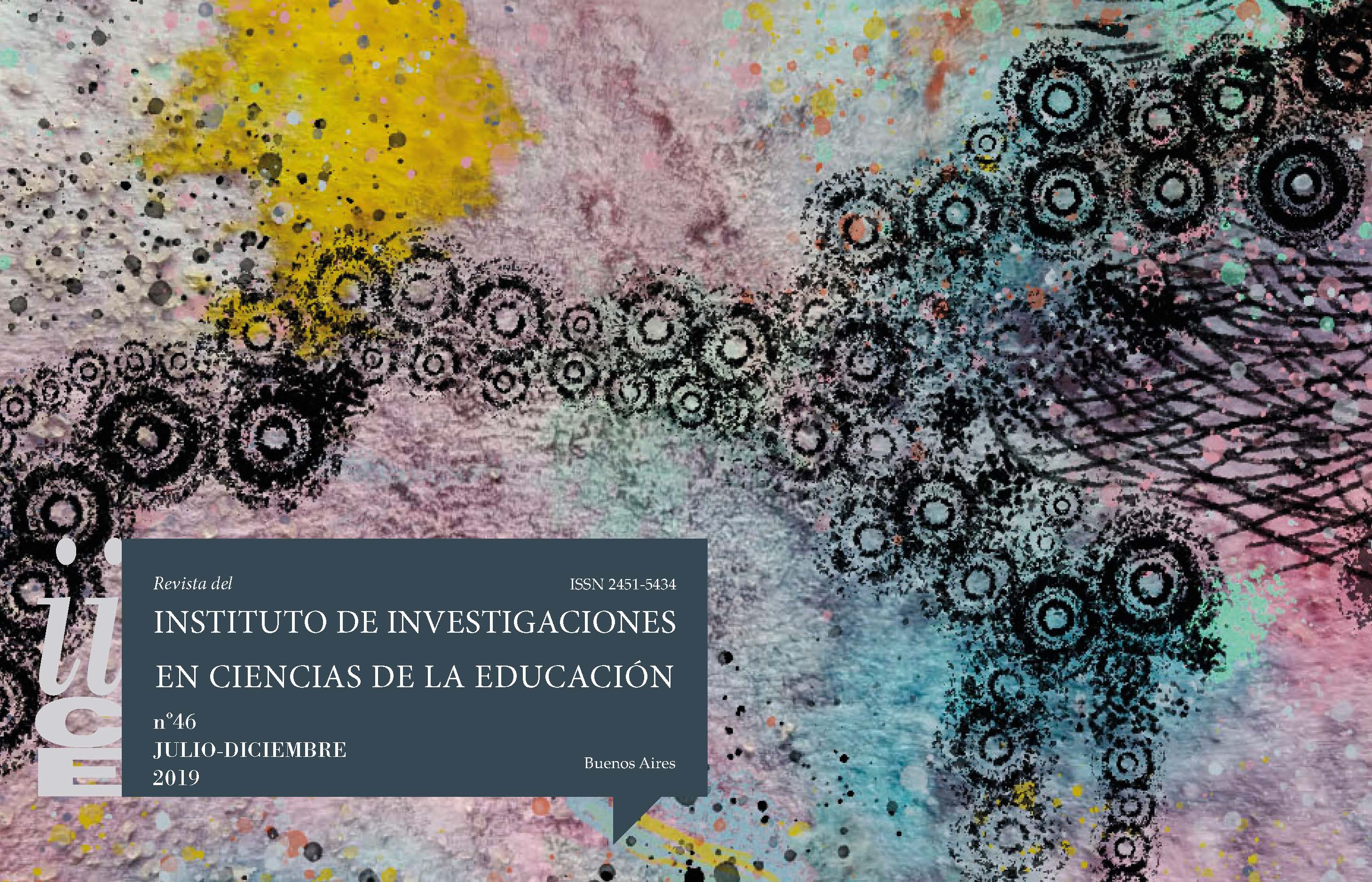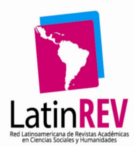Teachers´ representations and achievements in secondary education. Analysis of the Uruguayan case
Abstract
This article seeks to contribute to clarify the relationship between Uruguayan teachers´ social representations about their teaching work and the indicators of students´ performance in secondary education in the country. The study supports the argument that the reality of secondary education has given feedback but in an extremely weak way, which has operated as a brake on the processes of educational change. This was a quantitative research based on the microdata of the National Teacher Survey of 2015. One of the main findings was that teachers share positive representations about their competences to get students to learn. Simultaneously, they consider that students tend to comply with their tasks but they are neither proactive nor collaborative and, on occasions, they assume violent behavior. According to Uruguayan teachers, their disciplinary knowledge and their pedagogical–didactic capacity constitute strengths of their training but they also recognize weak aspects that are key in today’s middle school: the teaching of students with greater socio–educational vulnerability, the presence of cultural heterogeneity in the educational centers, students´ learning difficulties and the educational use of the ICTs.Downloads
Download data is not yet available.
Published
2020-08-01
How to Cite
Mancebo, M. E., & Romero, M. (2020). Teachers´ representations and achievements in secondary education. Analysis of the Uruguayan case. Revista Del IICE, (46), 57-82. https://doi.org/10.34096/iice.n46.8589
Issue
Section
Dossier: Estudios y debates sobre educación secundaria











